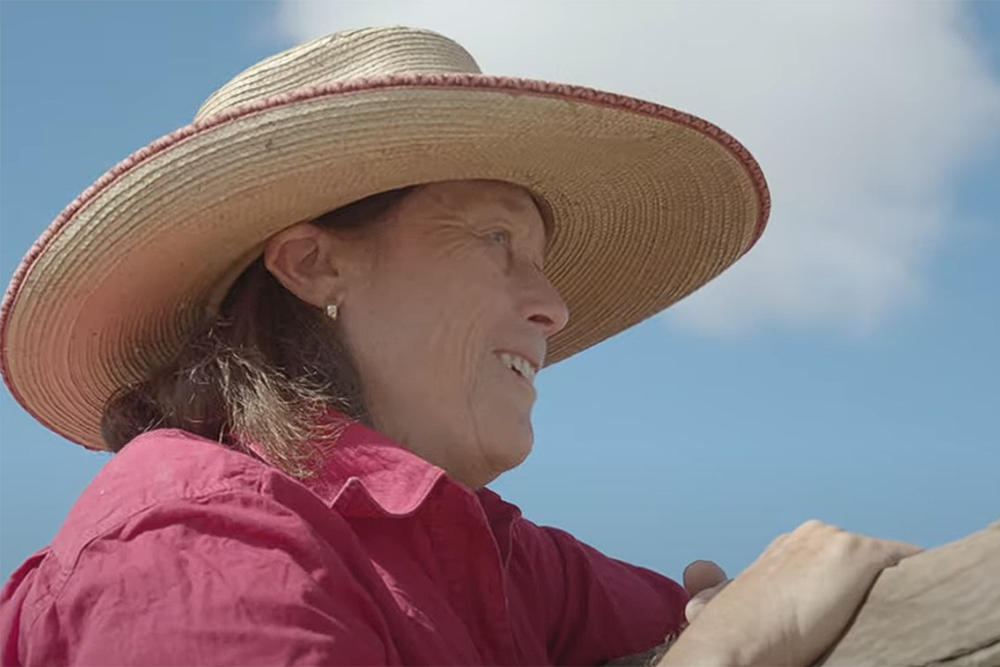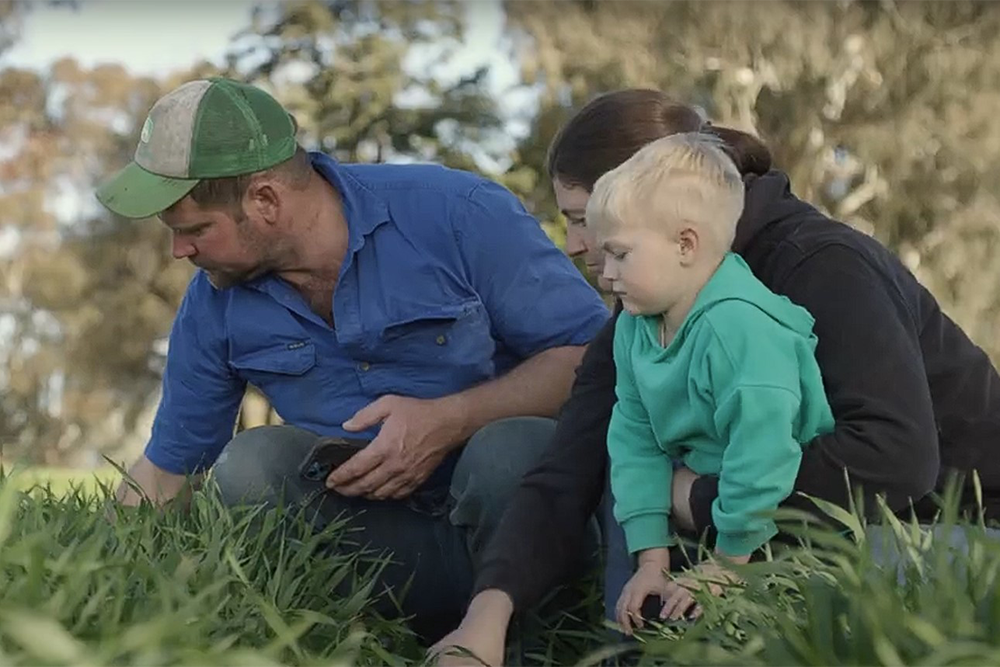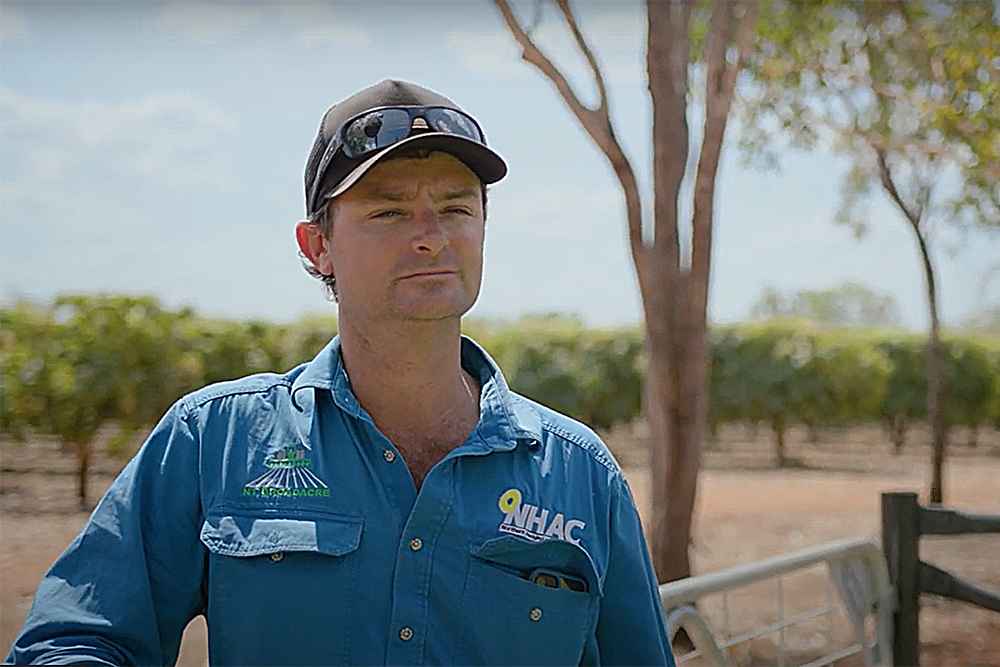As the Technical Adoption Officer at the Tropical North Queensland Drought Resilience Adoption and Innovation Hub, Keerah Steele travels long distances to meet cattle graziers across the Northern Gulf.
Keerah works together with the Rural Financial Counselling Service North Queensland and Beef Extension Officers from the Department of Agriculture and Fisheries to support graziers develop their Farm Business Resilience Plan.
Keerah believes agencies working together to support farmers is key to the success of the jointly Future Drought Fund and Queensland Government-backed Farm Business Resilience Program.
“We don’t believe one person can do it on their own. So, we provide a bit of experience [to farmers] in different areas—as a team,” Keerah said.
“We meet very regularly, we work together a lot, and the engagement we do we always share between each other, so we can provide the best support.”
With a Farm Business Resilience Plan in place, farmers can then apply for a Drought Preparedness Grant from the Queensland Rural and Industry Development Authority.
Ian and Maree Masterson finish out their cattle in the Capella region of Central Queensland. They used their drought preparedness grant to help finance a silage feed-out wagon.
Using silage to finish their cattle means the Mastersons can get higher prices for their grassfed beef by buffer feeding until processors are short of meat.
The practice also has environmental benefits, with Ian seeing the condition of his pasture improve and the return of native grasses.
“I knew what I needed, I knew what I had. It was going to happen. It just would have taken me another 5 years. This way, I can get it done,” Ian said.
“We’re looking at another drought, they tell us. So, now I’ll be ready for it.”
See how the Queensland Farm Business Resilience Program helped Ian thrive in drier times
The Farm Business Resilience Program is jointly funded by the Australian Government’s Future Drought Fund and Queensland Government’s Drought and Climate Adaptation Program.
Video duration 2 mins 14 secs
Introduction
This is the transcript of a video case study produced by the Rural Financial Council Service North Queensland for a program jointly funded by the Future Drought Fund and the Queensland Government.
Learn more about the Future Drought Fund’s Farm Business Resilience Program.
Transcript
[Recording begins]
Keerah Steele [0:00]:
I'm Keerah Steele. I work for Gulf Savannah NRM and I'm the Technical Adoption Officer and I also work for the TNQ Drought Hub. I met Ian through the Advancing Beef Leaders Program and we did a module around Farm Business Resilience. And Ian started talking about his business and what he was doing. And as an NRM officer I was listening to him and started offering some support. A good baseline is to have a business plan, so we have organised a meeting through Rural Financial Counselling to get the workbooks done and get the business plan happening so that we could help Ian with his pasture management and maybe grow the business through QRIDA grants.
[0:52]:
The NRM section is based around land management, pasture management, water management, parts of their business that they want to improve. We can offer support we can help them find information, provide training to be able to make better business decisions.
[1:10]:
Through field days workshops, I usually do a lot of follow-up, so it's a lot of one-on-one. We will come to you and talk about what it is that you might need or what we could help you with. We have a team of people within Gulf Savannah, we have an office in Mareeba, one in Georgetown and one in Croydon. So, if people just want to drop in and have a talk about how it might be that we can help them.
[1:34]
So, Lynette, Emily and I work for the Grazing Futures Program, we strive to work together to be able to provide services for people who want to be able to complete a plan. We don't believe that one person can do it on their own, so we provide a bit of experience in different areas as a team. We meet very regularly, we work together a lot and the engagement that we have we always share between each other—so that we can provide the best support.
[Recording ends]



